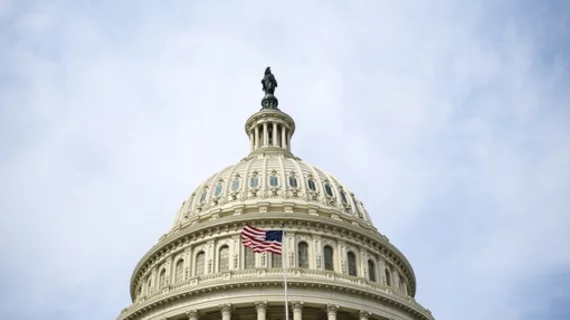Congress votes to give U.S. service members, veterans permanent access to DBT screening
Congress recently voted to pass a new defense bill that would extend U.S. military service members and veterans permanent access to advanced breast screening.
The 2021 National Defense Authorization Act (NDAA) mandates Tricare beneficiaries receive permanent coverage for digital breast tomosynthesis. Both chambers of Congress voted to pass the bill, which now moves to President Trump’s desk.
Trump, however, has said he plans to veto the $740.5 billion spending bill over objections to renaming military bases honoring Confederate leaders and provisions that limit the quick withdrawal of troops from Afghanistan and Germany, according to the Stars and Stripes. The NDAA also excludes a provision to reduce legal protections for social media companies.
Patrick Hope, executive director of the Medical Imaging & Technology Alliance, called on the president to sign the NDAA in a statement published Tuesday.
“This is a victory for our service members and their families who rightly deserve the same access to DBT that has long been available to those with private insurance, Medicare and Medicaid,” Hope said. “We encourage the President to sign the NDAA and ensure those who have served and sacrificed for this country have access to this innovative treatment.”
Nearly half of all women with dense breasts benefit from the advanced capabilities of DBT compared to traditional mammography, according to MITA.
The White House has not indicated Trump’s timeline for vetoing the NDAA, but he has five days, excluding Sunday, to sign it into law or use his veto powers. In the case of the latter, Congress would have to hold another vote to override the veto.
“Passage of this provision will have a positive and far-reaching impact on generations of dedicated service members and their families,” Hope concluded in the statement.

